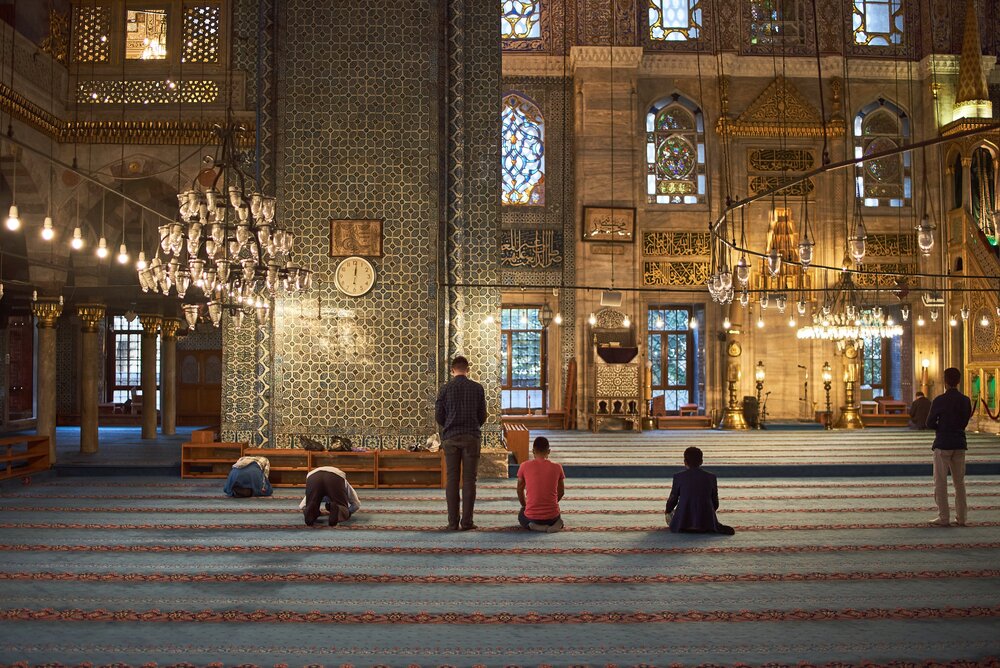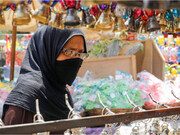Hawzah News Agency - (Istanbul - Turkey) - Fasting, held from dawn to dusk during Ramadan month, is one of the five main pillars of Islam. In Muslim societies, this month has always been a time to celebrate family ties and loved ones. For 30 days, Muslims gather at iftar, the fast-breaking meal at sunset, for the ever-enchanting sense of affinity and friendship. This practice is so widespread and well-endorsed by Islam that solitary iftar meals are considered a sad affair.
That brings a much-anticipated question to mind: how can Muslims observe the month of Ramadan in its true essence during times of lockdowns, quarantines, social distancing and a pandemic?
Well, for the white-collar employees, who usually do not or cannot find the time to spare for loved ones due to heavy workloads or daily chores and the busyness of “big city life,” this Ramadan may be an unexpected opportunity.
Embracing the reality
Whining all day about the grim reality of the coronavirus pandemic is helping no one. One can spend their time pondering what-ifs, like what if China had managed to contain the virus in Wuhan, and if onlys, like if only people practiced self-quarantine, social distancing measures and hygiene rules. One can continue to worry about the scores of people that have been infected and died all across the globe. But what help is all this complaining? Complaining may be a human trait, but realism is the way to go. This virus is still at our door and we just have to continue to stay home for a little while longer.
So, with mere days left for Ramadan, what is the most logical thing to do? Stop whining and act, for starters, one can fully accept the upcoming period as it is and cherish the unusual atmosphere it is going to offer. Yes, this year, Muslims around the globe will not be able to attend congregational iftars, practice muqabala (reciting the Quran to each other at mosques) or go out for a cup of coffee after the evening adhan, which marks the time to break the fast. But such times may also provide some surprising opportunities.




Your Comment